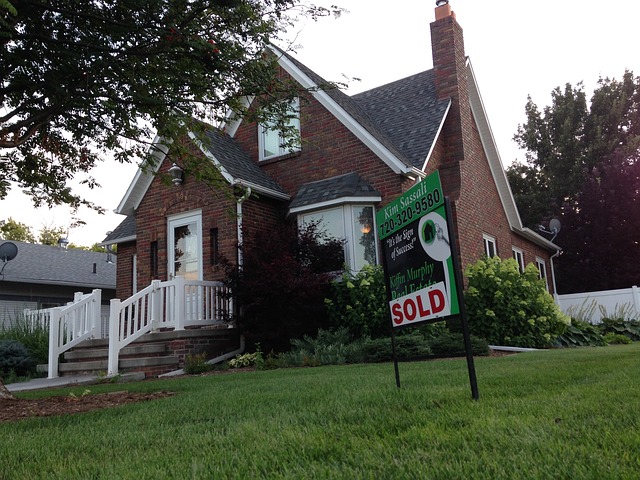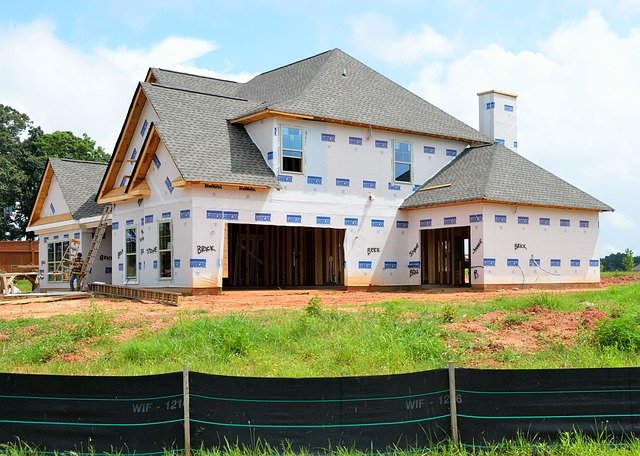Buying a home is a very overwhelming and emotional process. There are plenty of things to consider, from the size, location, accessibility, price, design, and community. Whether it’s your first or third time renting or buying a house, any homeowner is likely to encounter some common pitfalls during house hunting.
This is a contributed post and does not necessarily reflect the opinions of Meet The Harris Family.
Most homebuyers turn to consultants when exploring a real estate listing. They want to consider the best option for them to avoid making future mistakes that can harm their finances. But if they found a great property that comes with a big price tag, they will exhaust their efforts to get their dream home. Some even consult mortgage brokers to help them in their financial situation and get pre-approved for a house loan.
A new home is likely the biggest investment you’ll ever make, that is why you need to get it right from the very beginning. Finding the best home-buying approach will prevent you from robbing your financial goals and peace of mind. That being said, here are some home-buying mistakes and what you should do to land on your dream home.
Forgetting about the resale value

Homebuyers tend to forget the probability of selling their homes in the future. This is understandable, since moving houses frequently can be very costly and stressful. You also need to pay for the moving costs and the realtor. But in reality, the longer you live in that house, the more value it incurs. Right now, you may think that the house is the best one you could ever find, but give it a few more years and you’ll end up checking real estate listings again.
Whether you’re buying your first or second home, think long term. If you’re considering moving out of your starter home, will you find a buyer easily? If you prefer to stay until you have your own family, does it have sufficient bedrooms to accommodate the children? Will you be able to accommodate your senior loved ones, if the house has an open space and fewer stairs?
No matter the situation, considering your future needs is critical to the home-buying process. You’ll never know if you’re getting a bigger return for selling that home, which can help you score a better living space in the future.
To know the resale value of a house, study the community. Check if it has accessible public transportation, nearby businesses, and sprawling neighborhoods. Some sellers add value to the property by remodeling or adding unique features. A house located in a run-down area is likely to have a poor resale value.
Overlooking repair costs
Home sellers have different reasons for selling a home. They might look for a bigger space or the house has plenty of issues. Many homebuyers fall into this trap by neglecting house inspections. Buyers often follow what they feel that they forget the important details, such as repair costs, electricity, water, roofing systems, and fire hazards.
This often happens when buyers get easily distracted and overwhelmed by the flashy details, making them forget the overall quality of the house. Sellers do this to seduce their buyers and ignore the quality of the finishing and construction. Instead of focusing on the curb appeal of the house, taking a deep dive will reveal the true substance of the property as you inspect every bone and structure.
During open house inspections, hire a house inspector to help find hidden issues. In fact, there are cases when the inspector finds a major problem, and the seller isn’t aware of it. These issues may vary from attic molds, unstable foundations, or poor plumbing.

Buying a home beyond your budget
Buying a house that is more than your allotted budget is likely the biggest mistake you’ll ever make. We all want to live in a beautiful home, but we need to look beyond its aesthetic qualities and price tag. Before sealing an offer, identify the property tax rate of the house. Keep in mind that tax rates may vary depending on the home value. You’ll never know if you’re facing school, municipal, or county taxes.
The utility costs are something to consider as well. While cathedral ceilings look great, they can cause you skyrocketing energy bills throughout the year. Instead of the design, look for a house with energy-saving features.
Buying a home may require a rigorous decision-making process, but it doesn’t need to be difficult. While it is natural to feel stressed and emotional along the way, make sure that you’re making a rational judgment instead of wrapping yourself in the idea of your dream home. Supplying yourself with information and issues about a property will protect you from committing any mistakes. As you begin the house-hunting process, take it easy and be realistic.


